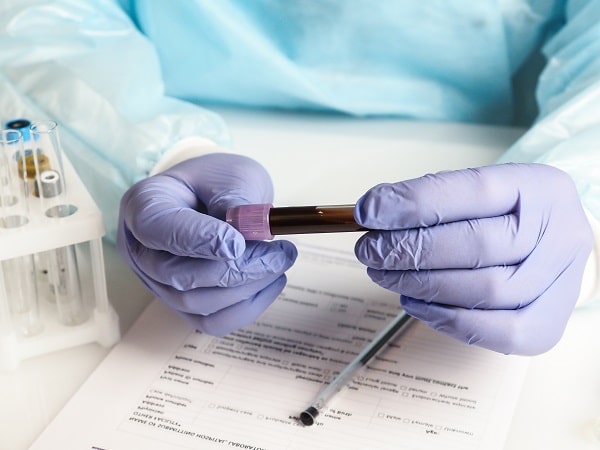If you’re like most people, you probably don’t think about getting a blood test until you actually need one. And even then, it’s not always at the top of your mind. But blood tests are an essential part of keeping track of your health, and you should know a few things before getting one. This article will discuss what to expect when you go in for a blood test and what information they can provide. It will also discuss some common myths about blood tests that you may have heard. So, if you’re thinking about getting a blood test, read on!
Contents
Finding A Location

If you need a blood test, the first thing you will have to do is find a location. You can get a blood test at your doctor’s office, a hospital, or a stand-alone lab. Your doctor will likely have a preference for where they want you to go. However, you can also ask your insurance company if there are any specific requirements or recommendations for keeping the cost as low as possible.
Making An Appointment

Generally, you’ll need to make an appointment for a blood test. This is so that the staff can be prepared and so that you don’t have to wait too long. In some cases, you may be able to walk in and get your blood drawn, but it’s always best to call ahead first.
Insurance

Most insurance companies will cover at least some of the cost of a blood test. However, it’s important to check with your provider beforehand to see what they’ll cover and how much you’ll have to pay out-of-pocket. Some tests may also require a referral from your doctor, depending on what it is they are doing the blood test for.
Needles

Most people are a little anxious about needles, but there’s no need to be. Needles are actually one of the safest medical procedures around. They’re used all the time and are very precise. Plus, the technician will take every precaution to ensure you’re comfortable and that the procedure goes as smoothly as possible.
Fasting

If your blood test is for cholesterol or glucose levels, you’ll need to fast beforehand. This means that you shouldn’t eat anything for at least eight hours before the test. However, if you’re getting a blood test for other purposes, you don’t necessarily have to fast. Check with your doctor to see what they recommend.
Blood

Most blood tests only require a small amount of blood, so you won’t have to undergo any major procedures. Generally, the technician will ask you to sit down and roll up your sleeve. They’ll then clean the area with an antiseptic and insert a needle into one of your veins. From there, they’ll draw out the required amount of blood and release the pressure on the vein once they receive it. It shouldn’t hurt too much, but some people find it a little uncomfortable.
Testing

After the technician has drawn out your blood, they’ll label it and send it to a lab for testing. The results will usually come back within a few days (although some tests may take longer). Once you have them, make sure to review them with your doctor to see what, if anything, needs to be done.
Information

Blood tests can provide a lot of information about your health. They can tell you things like whether you have an infection, how well your liver is functioning, or whether you’re at risk for heart disease. They can also help monitor chronic conditions such as diabetes or high blood pressure. In most cases, your doctor will be able to tell you exactly why they’re ordering the blood test and what they hope to find out from it.
Next Steps

Once your blood test results are available, your doctor will go over them with you and discuss any next steps that may be necessary. Depending on the results, this could involve making lifestyle changes, starting a new medication, or getting further testing done. Whatever the next step may be, your doctor will explain it to you in detail.
Myths

There are a few common myths about blood tests that just aren’t true. The first is that blood tests are always uncomfortable. This isn’t always true. In fact, many people find them relatively painless. The second myth is that blood tests are expensive. While some tests may be more costly than others, most insurance companies will cover at least part of the cost. And finally, some people believe that blood tests are invasive and can reveal personal information. However, the technician will not be able to see or access any personal information without your permission.
Conclusion
So, if you need to get a blood test done, now you know what to expect! Just make sure to talk to your doctor beforehand and ask any questions you may have. And remember – there’s no need to be anxious about needles! They’re a safe and standard procedure that most people find relatively painless.


